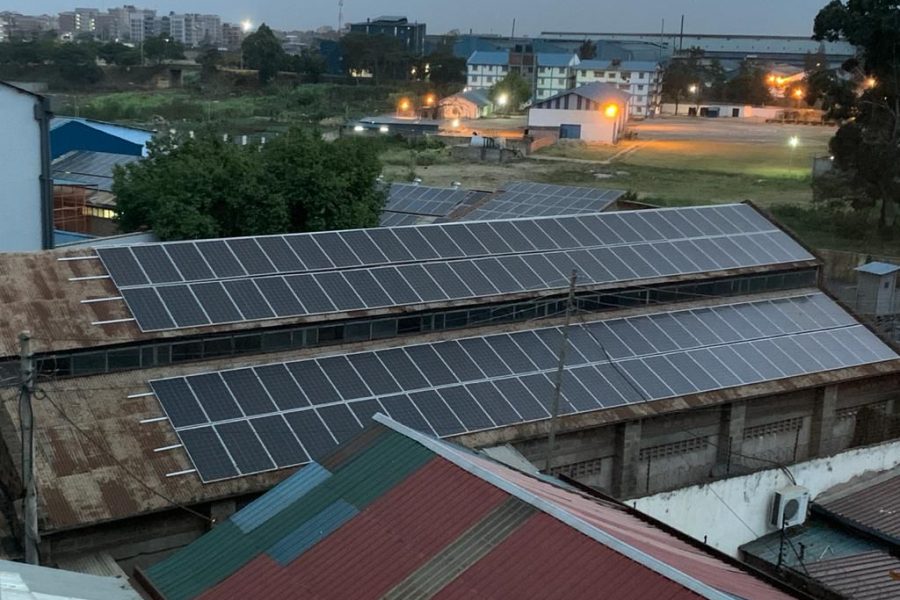An oblique aerial view of the once dejected Ruiru town will give you a view of an upcoming tech city if the growing population density, number of industries and other economic activities is anything to go by. Ruiru is currently the sixth largest urban center in Kenya according to the 2019 population census.
The once dusty, sparsely populated town that lacked basic infrastructure in the yesteryears is now home to two upcoming cities, Tatu and Northlands, major manufacturing plants, institutions of higher learning as well as hospitality facilities. With this industrial revolution that has been rampant only over the last couple of decades, the question of sustainable development plugs in.
Globally, upcoming cities are known for bedevilling factors including climate exploitation through pollution. A little more hovering around the city will show you a resplendent picture of the level of preparedness that the upcoming city of Ruiru has in terms of the future; It offers key learnings to other developing towns in Africa.
Visible grey roofs will bring to your attention that some of the major manufacturers in the region like Spinners and Spinners and Danco Capital have adopted solar energy amounting to close to 30% of their energy consumption. An upcoming mall within the central business district is also adopting green energy for its future operations.
With the 26th UN Climate Change Conference of the Parties (COP26) coming up later in the year where nations, including Kenya, will renew their commitment of accelerating action towards the goals of the Paris Agreement and the UN Framework Convention on Climate Change, the growing town sets the pace for what many governments are committed to, that is combating the effects of climate change.
Read also: Technology has a key role in addressing climate change
Climate change is a mystery that will be addressed collectively, by global and national players and from the corporates to the individual level. Every person has the responsibility to reduce their carbon footprint and eventually, when we are all making considerable efforts, issues like global warming will subside and climatic trends will be more predictable. Industries need to be cognizant of the future and, while profitability remains to be their dominant ideology, they need to embed sustainable development in their operations.
Improving the quality of life not only means an increase in income but also making the ecosystem more habitable. Governments and private investors ought to seek insights from development strategists for them to adopt sustainability.
A redacted version of this article was first published in The Standard Newspaper in Kenya by Solomon



